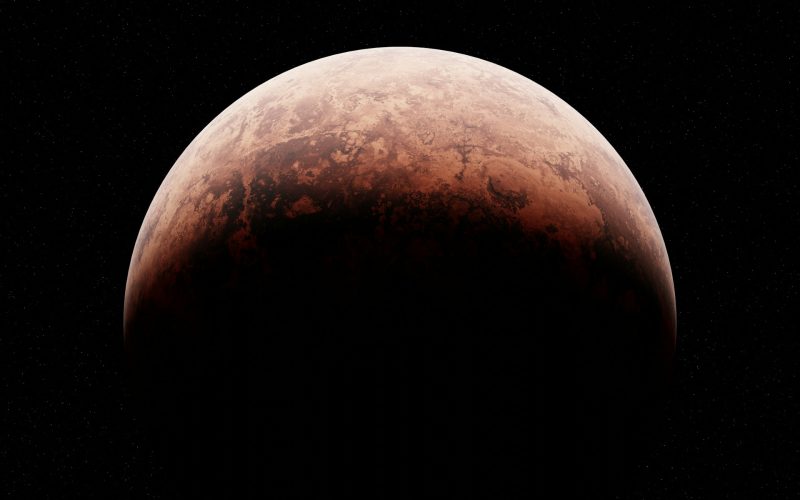The science of space is quickly developing, and it combines scientific interest with technological advancements. It is possible to find many types of vacancies. These are the careers in space science: astronomers, physicists, astrobiologists and engineers, spacecraft technicians, robotics engineers, pilots and astronauts, programmers, and IT gurus. There is a growing number of opportunities for skilled personnel due to more investments being made in space science and technology by countries such as the United States of America and India, as well as private concerns like NASA, ISRO, SpaceX, etc. Obtaining formal education in a specific field, including space science, offers those who seek to become industry professionals the tools and knowledge they need in order to be a productive part of the space industry’s constant advancement and forward progress as it seeks to become a pivotal tool of human progress in the future.
Introduction to the World of Space Science
Astronomy is, in turn, known as a branch of knowledge that studies the space outside the earth. It covers the study of planets, stars, and space objects, as well as extraterrestrial activity and the use of modern science to expand the space frontier. Some of these are set out below: From exploring planetary systems to understanding cosmic rays, space science keeps the spirit of curiosity that has kept the human race alive.
Recently, the specialized direction has been explored greatly, owing to the development of IT tools and international partnerships. Presently, science careers in astrophysics and aerospace engineering encompass exciting areas of operations, such as the Mars mission and the synthesis of satellite-based communication systems.
Enrolling in specialized space science courses is an excellent way to dive deeper into this fascinating field. These courses provide hands-on experience with cutting-edge tools, enabling learners to gain expertise in space research and technology. With space exploration on the rise, now is the perfect time to embark on a journey into the limitless possibilities of space science.
Key Areas to Focus for Space Science
- Astrophysics and Astronomy
Study celestial bodies and phenomena like black holes and galaxies. For instance, NASA’s Hubble Telescope has contributed significantly to our understanding of the universe. - Aerospace Engineering
Design and develop spacecraft, satellites, and propulsion systems. SpaceX’s Falcon rockets exemplify how advancements in engineering are reshaping space exploration. - Planetary Science
Focus on the study of planets, moons, and their ecosystems. Missions like Mars Rover Perseverance aim to uncover signs of life on other planets. - Satellite Technology
Work on satellite communication and Earth observation systems. Real-time weather forecasting relies on satellites like NOAA’s GOES series. - Space Robotics
Design robots for exploration missions. The Curiosity Rover’s role in Mars exploration showcases the potential of robotics in space science. - Astrobiology
Explore the origins of life and the possibility of extraterrestrial existence. Projects like SETI (Search for Extraterrestrial Intelligence) lead this research area.
Focusing on these areas through space science courses enables professionals to specialize in cutting-edge domains and contribute to the rapidly evolving space industry.
Skills Required for a Career in Space Science
- Analytical Thinking
Analyze complex datasets from telescopes and satellites. For instance, decoding signals from space probes like Voyager requires advanced analytical skills. - Programming and Data Analysis
Proficiency in Python, MATLAB, or R is essential for modelling and analyzing celestial data. Tools like Python’s Astropy library help process astronomical data. - Mathematics and Physics Expertise
A solid foundation in calculus, linear algebra, and quantum mechanics is critical to understanding orbital mechanics and space dynamics. - Problem-Solving Skills
Space missions often face unpredictable challenges, such as landing rovers on Mars. Problem-solving ensures mission success in such scenarios. - Engineering Knowledge
Understanding materials science, propulsion, and spacecraft design is vital for creating satellites and rovers. - Communication Skills
Presenting research findings or mission updates to stakeholders requires excellent verbal and written communication. - Team Collaboration
Space missions rely on multidisciplinary teamwork, such as engineers and scientists working together on projects like the International Space Station (ISS).
Developing these skills ensures a competitive edge in the evolving space science domain.
The Growing Opportunities in the Space Industry
The space industry is experiencing unprecedented growth, fueled by advancements in technology and global interest in space exploration. Opportunities are emerging across diverse areas like satellite development, space tourism, and planetary research. Companies like SpaceX and Blue Origin are driving innovations in reusable rockets, making space more accessible than ever.
Additionally, satellite-based services such as GPS, communication, and Earth observation are creating high-demand roles in data analysis and system engineering. The rise of private sector investments has opened doors for aspiring space scientists, engineers, and tech professionals.
For example, India’s Chandrayaan-3 mission highlighted opportunities in lunar exploration, encouraging partnerships between ISRO and private firms. Roles in space law, robotics, and AI for autonomous spacecraft are also on the rise.
For individuals passionate about space, focusing on space science courses can help build the necessary skills and knowledge to thrive in this rapidly expanding industry.
Career Opportunities in Space Science
- Satellite Technology and Research
Careers in satellite design, operation, and data analysis are booming. Professionals work on launching satellites for communication, GPS, and weather forecasting. These roles require expertise in physics, engineering, and coding. - Space Exploration and Astronomy
Space exploration roles involve working on missions like Mars rovers or lunar landings. Astronomers contribute to understanding the universe by studying celestial phenomena. - Robotics and AI in Space
With autonomous spacecraft and space robotics gaining traction, experts in AI and robotics play a crucial role in designing systems for extraterrestrial missions.
The Future of Space Science Careers
As the demand for skilled professionals increases, space science degrees are paving the way for exciting roles in space law, tourism, and interplanetary studies. The commercialization of space exploration and global collaboration on missions like Artemis ensure a bright future. These degrees provide the foundational knowledge to thrive in emerging fields, blending innovation with scientific discovery.
Conclusion
Space science offers a universe of opportunities, blending innovation, exploration, and cutting-edge technology. From satellite engineering and planetary research to robotics and space tourism, the field continues to expand, driven by advancements and global collaboration. Aspiring professionals equipped with the right skills and knowledge can make a significant impact in this dynamic industry. Pursuing space science degrees can provide the foundation for navigating diverse career paths and contributing to humanity’s understanding of the cosmos. As we embark on new missions and explore uncharted territories, space science promises a future of discovery, innovation, and boundless opportunities for those ready to take the leap.










